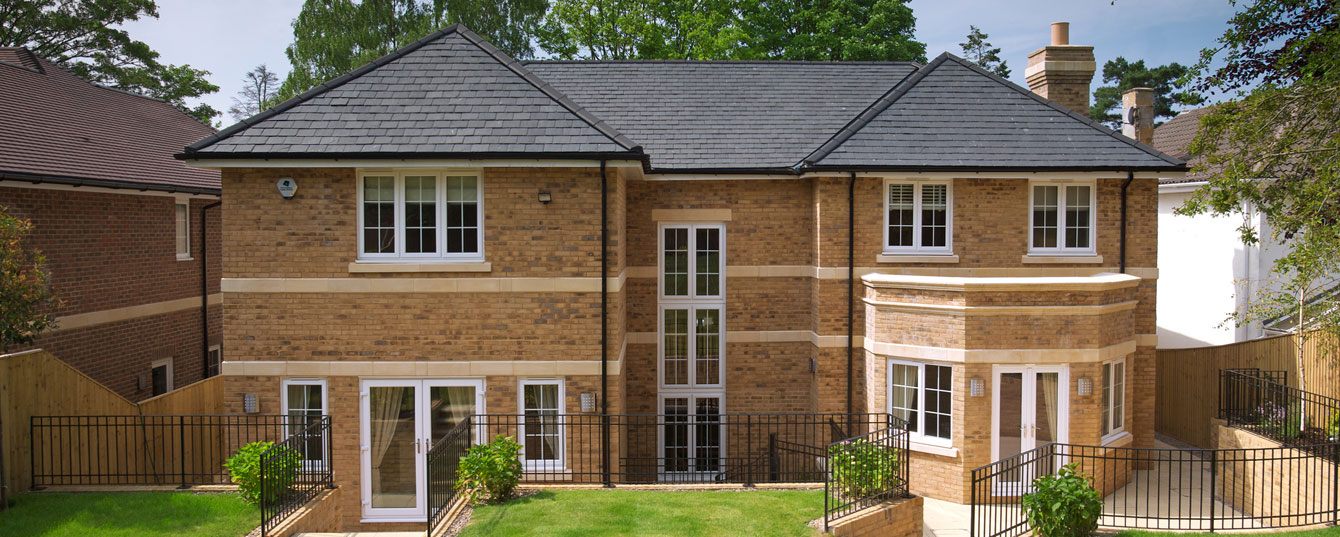Mortgage, finding out how much you can borrow, for most people is the first step in the home buying process. A mortgage is, for most people the biggest single outlay and sometimes even small differences in how much you borrow can have a massive impact.
Working out how much deposit you have will help indicate the size and type of mortgage you can get. The bigger the deposit you put down the better your chances of securing a lower interest rate, for example if you can only afford a 5% deposit expect a higher rate than if you can manage 10-20%.
Banks, buildings societies and mortgage specialists can all be used to take you through the various mortgages on offer from interest only to repayment loans.
Mortgage arrangement fee, most lenders will have an arrangement fee. These vary in price but a typical amount would be £1000 and they are non –refundable even if the property purchase falls through.
Valuation fee, your lender will also expect to value your property, making sure that what they are lending against provides sufficient security for the loan.
Survey, when you purchase a home you will need to have a survey of the property. Surveys can vary in price as some can be more detailed than others such as structural surveys which provide much more comprehensive detail about the property. Typical costs can be £400 - £1000.
Legal fees, most people use a solicitor for conveyancing purposes, legal fees can, of course, vary depending on the purchase but most solicitors should be able to give you a guide price and some offer conveyancing packages.
Stamp duty, if you are buying a property that is in excess of £125,000 then you will have to pay stamp duty. Stamp duty is normally a fairly hefty cost in the home buying budget so it helps to be aware of the costs at the outset. There are numerous stamp duty calculators that can help you ascertain what amount you will have to pay depending on the value of the property.



